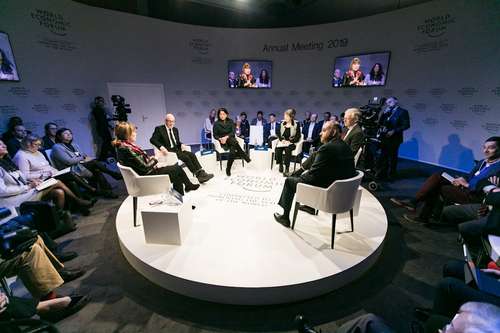In a bold move that combines innovation with efficiency, White Castle, the renowned Ohio-based fast-food chain, has embraced the future by integrating robots into its kitchens.
Implementing Miso Robotics' "Flippy 2" as fry cooks across the country marks a significant shift in how the fast-food industry approaches automation.
As of October 13, 2023, a total of 17 robots have been installed nationwide, signifying a step towards a more streamlined and productive dining experience.
The journey towards a robotic workforce at White Castle began in September 2020 with the introduction of the original "Flippy" at a Chicago area restaurant.
The initial success prompted an upgrade to "Flippy 2" at the original test location in November 2021. Following positive outcomes in terms of efficiency and service quality, White Castle decided to extend the use of these trusty robots to more locations across the nation.
Miso Robotics, the brains behind "Flippy 2," emphasized these robots' positive impact on the restaurant's operations. In a statement from 2022, they highlighted how "Flippy 2" alleviates the challenges associated with back-of-house roles at quick-service restaurants.

Doing so creates a working environment that maximizes the kitchen's efficiency, allowing human coworkers to focus on creating memorable moments for customers. This shift in the division of labor aims to enhance the speed of service and the overall customer experience.
The success of this robotic initiative is not just a technological feat; it's a strategic move to address the evolving needs of the fast-food industry. However, while some fast-food ventures succeed with this innovation, others seem to be failing.
White Castle's vice president, Jamie Richardson, noted that the robots have not only boosted efficiency but have also improved the quality of service inside and outside the kitchen. This positive outcome is a testament to the potential benefits of integrating automation into the food service sector.
According to Miso Robotics, the rollout of these robotic fry cooks is a meticulous process, phased by region and still in the planning stages. The company works closely with White Castle to ensure seamless technological integration into the existing workflow.
An anonymous representative from White Castle announced that the expansion is ongoing and will include almost one-third of the company's roughly 350 physical locations throughout the Midwest, Southwest, and New York area.
“Nearly one-third of the company's approximately 350 brick-and-mortar White Castle restaurants across the Midwest, Southwest and the New York area,” the representative shared.
Introducing robots into the kitchen aligns with broader trends in the food industry, where automation is increasingly becoming a solution to operational challenges. As the demand for fast and efficient service continues to rise, restaurants are exploring innovative ways to meet these expectations.
White Castle's adoption of robotic fry cooks positions the chain at the forefront of this technological wave, setting an example for others in the industry to follow.
In conclusion, White Castle's journey into the realm of robotic fry cooks signifies a transformative step towards a more efficient and customer-focused future. The success of "Flippy 2" in improving service quality and order accuracy underscores the potential benefits of embracing automation in the fast-food industry.
As the rollout continues, observing how this integration shapes the efficiency of White Castle's operations and the broader landscape of automation in the culinary world will be intriguing.




